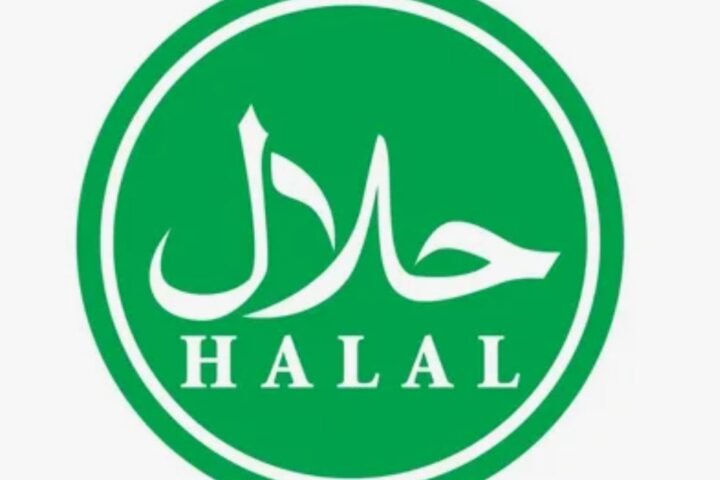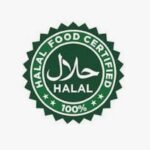The demand for halal products has grown significantly over the years, not just among Muslim consumers but also among those who perceive halal products to be cleaner, healthier, and produced with ethical standards. This global demand has created a need for companies to understand how to get halal certification and ensure their products meet the required standards. Whether you are a food manufacturer, a cosmetics producer, or a pharmaceutical company, having halal certification opens doors to wider markets and enhances your brand credibility.
What Is Halal Certification and Why Does It Matter?
Halal certification is a formal process that verifies that a product, its ingredients, and the manufacturing process comply with Islamic dietary laws. The word “halal” in Arabic means “permissible” or “lawful.” Certification is not limited to food items alone but extends to cosmetics, pharmaceuticals, logistics, and even finance in some cases. When a product is certified halal, it assures consumers that it has been prepared, processed, and stored using hygienic and permissible methods according to Islamic guidelines.
This certification is especially crucial for businesses that aim to serve Muslim consumers locally or internationally. It builds trust, enhances product appeal, and is often required by government regulations in Muslim-majority countries. Understanding how to get halal certification is the first step for businesses aiming to expand into these lucrative markets.
Step-by-Step Guide on How to Get Halal Certification
Getting halal certification involves a detailed, step-by-step process that ensures your product complies with halal standards. Here’s how businesses can go about it:
1. Understand the Requirements
Before applying, it is vital to understand what halal certification entails. Requirements vary slightly depending on the certifying body and country, but some core principles remain consistent. These include the prohibition of pork and its derivatives, alcohol, and improperly slaughtered animals. Also, the machinery used in production must be thoroughly cleaned and free of cross-contamination with non-halal substances.
2. Select a Recognized Halal Certification Body
Choosing the right halal certification body is crucial. It should be recognized locally and internationally by major Islamic authorities. The credibility of the certifier can impact the market acceptance of your product. Research organizations with strong reputations, proper accreditation, and global recognition. You’ll want to work with an entity that will guide you through the certification process with transparency and professionalism.
3. Apply for Halal Certification
Once you’ve selected the certifying body, the next step is to fill out an application. This usually involves providing detailed information about your product, ingredient sources, manufacturing process, supply chain, packaging, and storage practices. The more transparent and thorough your documentation, the smoother the approval process will be.
4. Audit and Inspection
After receiving your application, the certifying body will conduct a physical audit. This includes inspecting your facilities, equipment, storage areas, raw materials, and production methods. The auditors will verify that everything aligns with halal principles. In some cases, they may request minor adjustments to ensure full compliance.
5. Halal Training and Documentation
Staff training is often part of the certification process. Employees involved in handling, processing, and packaging the product should understand halal principles and the importance of compliance. Also, documentation such as a halal assurance system (HAS), standard operating procedures (SOPs), and traceability records must be maintained as part of ongoing compliance.
6. Certification and Ongoing Surveillance
Once the inspection is successful and any corrective actions are implemented, you will receive your halal certificate. This certificate is typically valid for one to two years, depending on the certifying body. However, most authorities require periodic re-inspections or audits to ensure continued compliance. Maintaining up-to-date records and regular internal audits helps avoid delays or penalties during renewals.
Industries That Benefit Most from Halal Certification
While the food and beverage industry is the most obvious candidate for halal certification, other industries also greatly benefit from it. For instance, cosmetic and personal care products that use animal-based ingredients must be verified for their halal status. Pharmaceutical companies producing capsules, syrups, or vaccines must ensure all ingredients and excipients are permissible. Even logistics companies that transport halal goods may need halal certification for their storage and handling processes. Knowing how to get halal certification is essential for these sectors to ensure their products and services align with market expectations.
Key Benefits of Obtaining Halal Certification
There are numerous reasons why businesses are seeking halal certification more than ever:
- Access to New Markets: Many Muslim-majority countries require halal certification before a product can be sold locally. Certification opens access to countries like Malaysia, Indonesia, the UAE, and Saudi Arabia.
- Consumer Trust: Certification adds a layer of credibility and transparency. Muslim consumers prefer certified products because they offer peace of mind.
- Brand Differentiation: In a competitive market, halal certification can set your brand apart. It shows commitment to quality, hygiene, and ethical standards.
- Higher Revenue Potential: Studies have shown that halal-certified products tend to perform better in certain markets. Certification can lead to increased consumer loyalty and better sales.
Common Challenges in the Halal Certification Process
While the process is straightforward for many, some businesses may encounter challenges. These include difficulties in sourcing halal raw materials, adapting existing equipment to halal standards, or dealing with untrained staff. Other challenges could involve documentation errors, miscommunication with the certifying authority, or lack of awareness about regional variations in halal requirements. Partnering with a reputable certification body and training your team can help overcome these hurdles effectively.
Conclusion
Understanding how to get halal certification is a crucial step for any business aiming to expand into the halal market. From preparing your documentation to undergoing facility audits and training your staff, every stage in the process contributes to the integrity of your product in the eyes of halal-conscious consumers. By obtaining halal certification, you’re not only complying with Islamic dietary laws but also committing to transparency, hygiene, and ethical manufacturing practices. If you’re looking for a reliable partner to help you achieve this milestone, Halal Foundation offers a streamlined certification process backed by deep expertise and global recognition.











